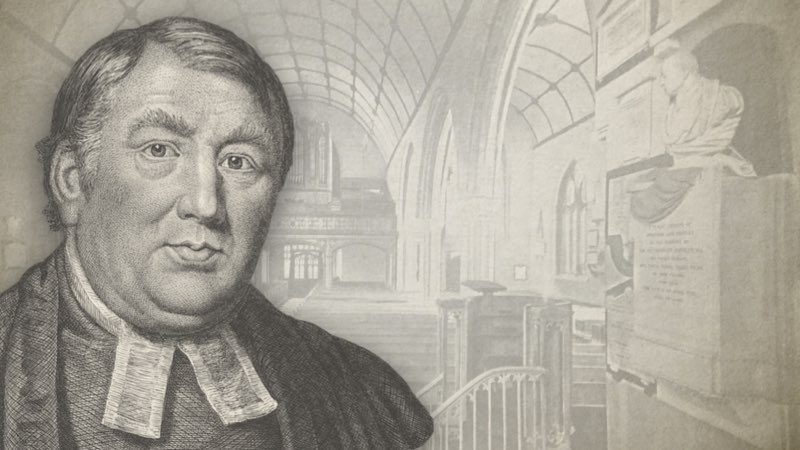
June 26—Morning Devotion
“The Lord possessed me in the beginning of his way: before his works of old, I was set up from everlasting.”—Proverbs 8:22, 23
Pause, my soul, over those most blessed words, and see what glories are contained in them. May God the Spirit glorify Christ to thy view while pondering these words! Who is it that speaks them? Is it not wisdom! Even Christ, the wisdom of God, as the apostle elsewhere calls him? But how was he possessed by the Lord, and how set up from everlasting? Not openly in the human form, that he was in the fulness of time to take upon him for the purpose of redemption; but, as it should seem, secretly, as subsisting in covenant engagements from everlasting. Mediator, was it not? Not as yet made flesh, but if we may from another scripture draw the conclusion, “as the image of the invisible God, the first-born of every creature,” Col. i. 15. What a glory, beheld in this view, doth this precious scripture, with all that follows it in the chapter, hold forth! The Son of God, in covenant engagements from everlasting, was in time to take into himself manhood, and from the union of both God and man become one Christ. Hence, from everlasting, wisdom, one of those natures, is set up and speaks as a person, not separate or distinct from the other nature of the Godhead, but as in union, and from both, forming in covenant settlements the one glorious Mediator. So that it is not wisdom, as a person, speaking, without subsisting in the Son of God, neither is it the Son of God without wisdom subsisting as such in him, but both forming one identical person, and that person the Mediator, whose name was then secret, but afterwards was to be called Wonderful, when by the open appearance of the Son of God, tabernacling in a body of flesh, redemption work from everlasting, covenanted for and agreed upon by the several persons of the Godhead, was to be completed. What a blessed contemplation is here opened, my soul, to thy diligent and humble inquiry. Here direct all thy researches; here let prayer ascend for divine teachings to guide thee; and here behold him, who in the after ages of his love, made an open display of himself, as the God-man, when he manifested forth his glory, and his disciples believed on him; thus. as the wisdom-man, declaring himself as possessed by Jehovah in the beginning of his way, and set up before all worlds as Jehovah’s delight, while his delights were with the sons of men. Oh the wisdom of God in a mystery, even the hidden wisdom which God ordained before the world began!
Robert Hawker (1753-1827) was an Anglican (High-Calvinist) preacher who served as Vicar of Charles Church, Plymouth. John Hazelton wrote of him:
“The prominent features…in Robert Hawker's testimony…was the Person of Christ….Dr. Hawker delighted to speak of his Lord as "My most glorious Christ.” What anxious heart but finds at times in the perusal of the doctor's writings a measure of relief, a softening, and a mellowing? an almost imperceptible yet secret and constraining power in leading out of self and off from the misery and bondage of the flesh into a contemplation of the Person and preciousness of Christ as "the chiefest among ten thousand and the altogether lovely." Christ and Him crucified was emphatically the burden of his song and the keynote of his ministry. He preached his last sermon in Charles Church on March 18th, 1827, and on April 6th he died, after being six years curate and forty-three years vicar of the parish. On the last day of his life he repeated a part of Ephesians 1, from the 6th to the 12th verses, and as he proceeded he enlarged on the verses, but dwelt more fully on these words: "To the praise of His glory Who first trusted in Christ." He paused and asked, "Who first trusted in Christ?" And then made this answer: "It was God the Father Who first trusted in Christ."
Robert Hawker on the Biblical Covenants (Complete)
Robert Hawker's Poor Man's Morning Portions




